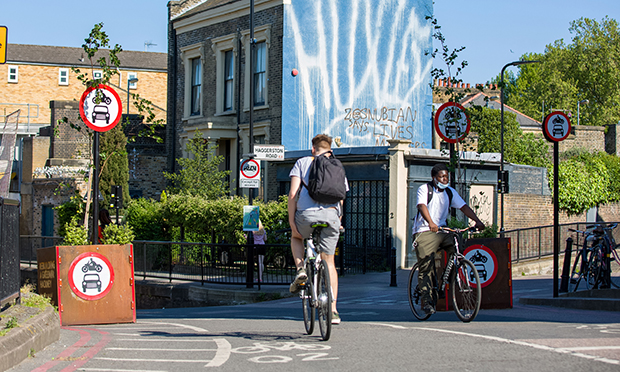Some articles are behind paywalls.
Back to School on Monday! Dontcha love those growth spurts that leave you scrabbling to find black shoes in their new sizes...
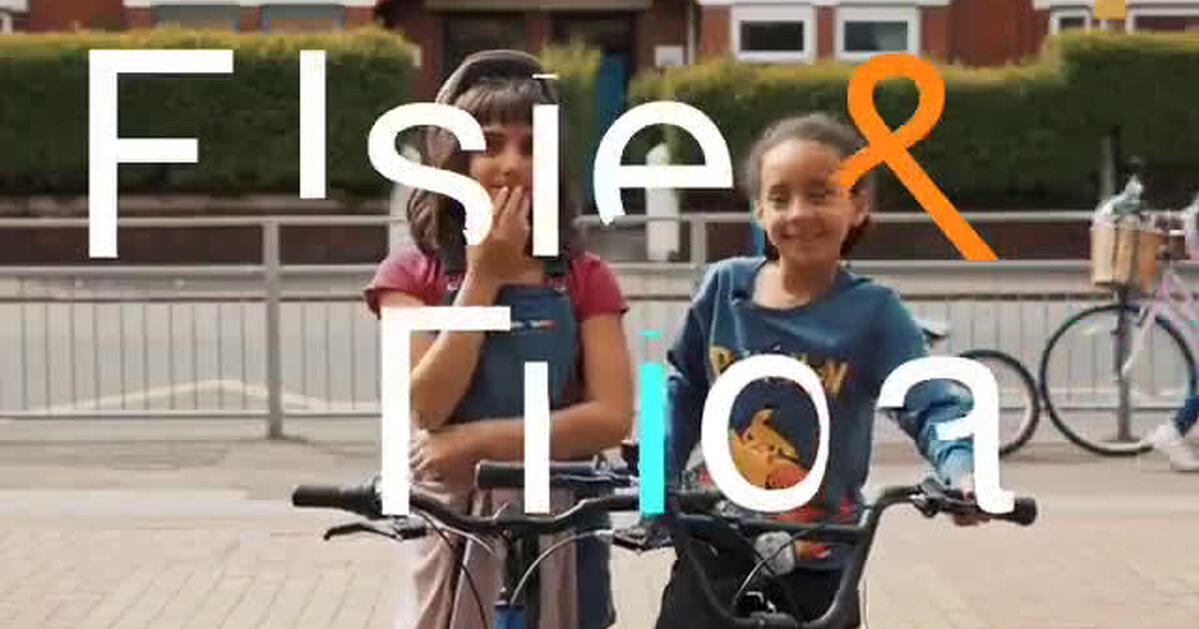
On that note, Forbes reports that Half Of All Urban Journeys Must Be Cycled Or Walked Within Ten Years, Confirms U.K. Government:
"To build a healthier, more active nation," said [Boris] Johnson in a July 2020 statement, "we need the right infrastructure, training and support in place to give people the confidence to travel on two wheels."
Picking up on this rhetoric, Joe Dunckley argues in At war with the motorist that setting a target for car journeys to be converted to walking or cycling journeys is not enough:
... targets are useless if you don't have a plan to make them happen... Beware of visions and targets. A vision without a plan for a delivery is just a fantasy. But if you let it, it can delay and diffuse pressure until the clock ticks down and it's time to reset the target.
Some people think that electric cars are going to solve all our problems but that's just not happening. A National Audit Office report was recently headlined in the Guardian:
SUVs and extra traffic cancelling out electric car gains in Britain. Auditors say emissions down just 1% since 2011 and target of zero emissions by 2050 is a long way off.
And you might not realise this (😂) but... it turns out that people don't want to live on roads that are car-clogged. Chris Boardman's (Greater Manchester's walking and cycling commissioner) article in the Times points out that:
Despite the huge support it is often the negative minority — arguing that these changes benefit affluent areas, that they are making congestion worse or they will stop emergency services from accessing houses — that makes the headlines. In the vast majority of cases these concerns are either unfounded or proven to be surmountable.
The Daily Telegraph draws out the correlation between air pollution and thinking skills in later life (and take a look at our FAQ: health for more colour):

On that theme, the Daily Mail reports that most over-60s are living in areas with illegal levels of air pollution which is fuelling heart attacks, cancer, lung disease and stress:
- More than seven million people aged 60 plus live in breached air quality areas
- The Chief Medical Officer warned Brits were at risk of a 'daily cocktail' of fumes
- Air pollution, including diesel, claims around 40,000 lives in the UK per year
This article in the Guardian highlights emerging research which suggests that noise pollution, caused, for instance, by traffic, interferes with animal behaviour, including cognition and mating. "So what?" Well, we're destroying our beautiful neighbourhood with noise pollution. And our peace. And our quiet. LTNs reduce traffic. That's what.
On a "good business" theme, André Hoffmann, Chairman of the World Economic Forum explains how business can act as a force for good:
Citizens and customers expect change. The vast majority of people want to see a fairer and more sustainable world post-COVID-19. Given the right incentives and guidance, most are willing to make healthier, more sustainable lifestyles choices.
TfL suggests that increased footfall is actually good for business, as reported in this ThisWeekInFM article:
Research has consistently shown the benefits walking and cycling has on the local high streets and the wider economy. People who walk to the high street have been shown to spend 40 per cent more over a month than people who drive.
Secret London tells us: the West End will be awesome this summer!
Here's some inspiring Twitter stuff that you might have missed:
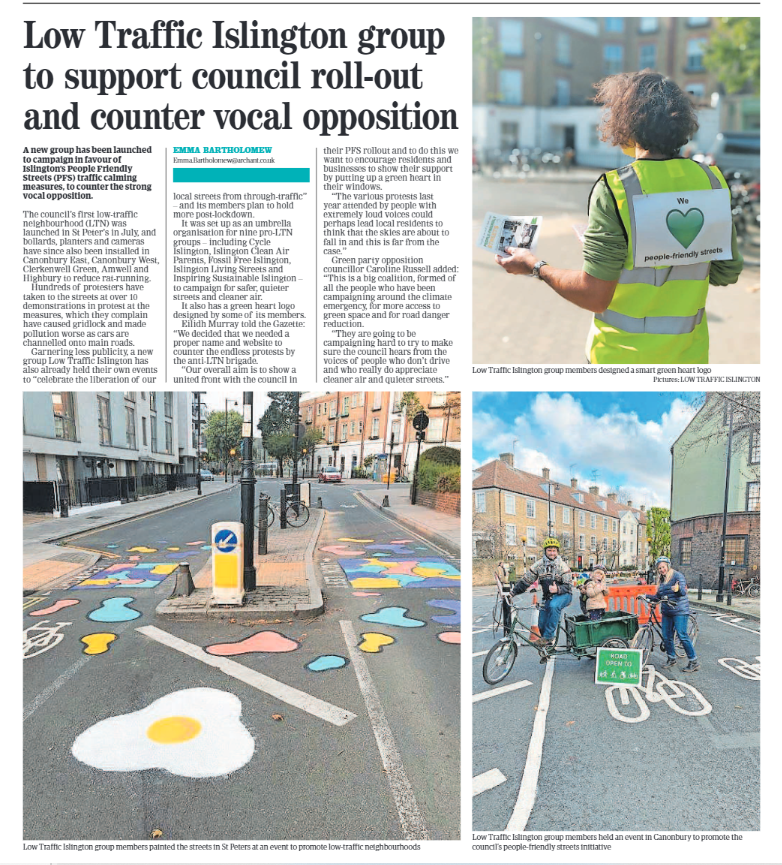
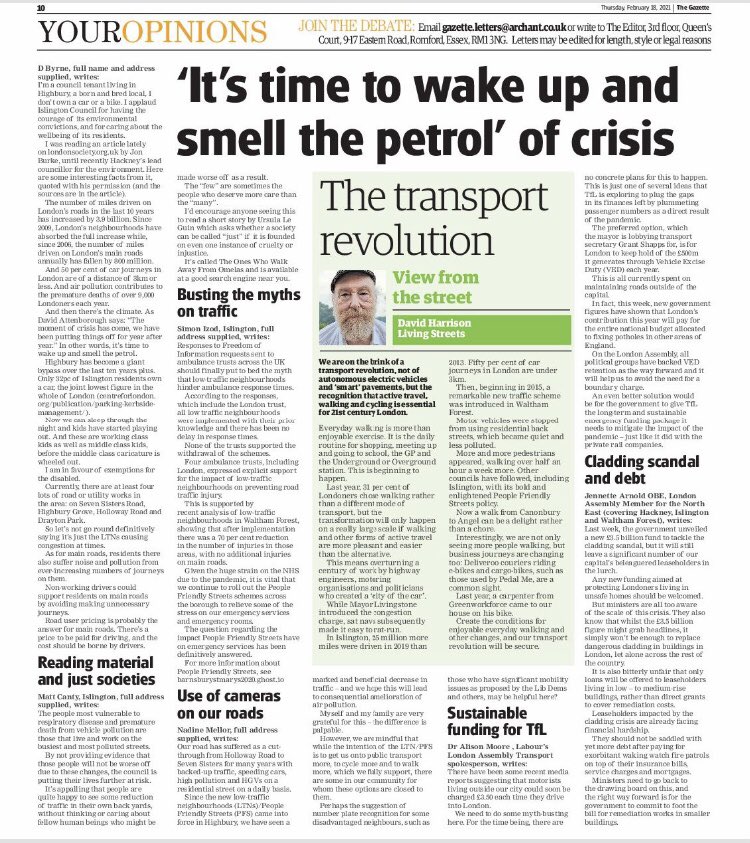
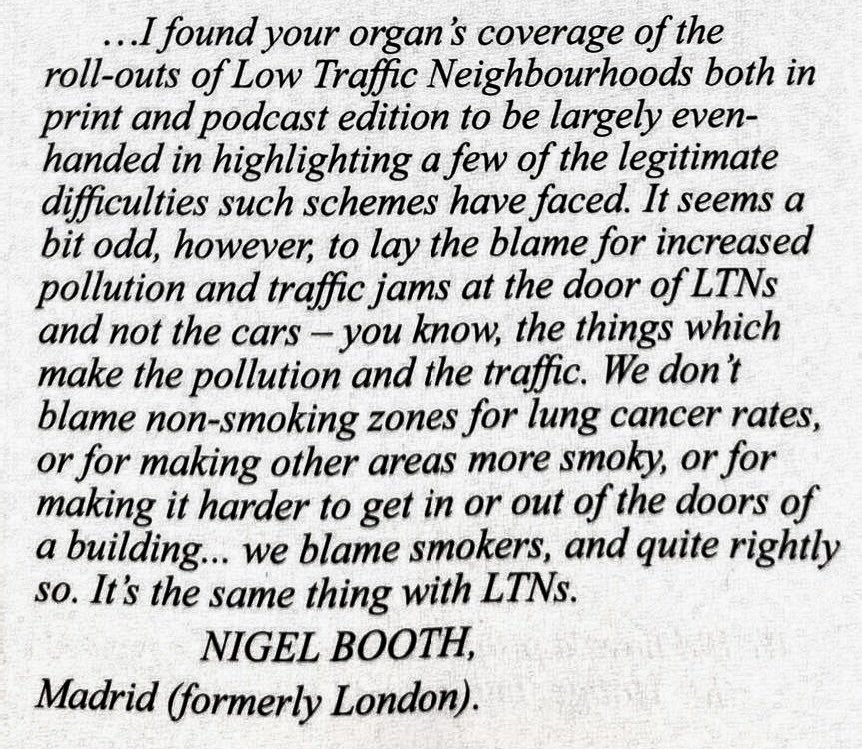
Last but not least, remember that Londoners opposed to Low Traffic Neighbourhoods will be glad of them in the end!
